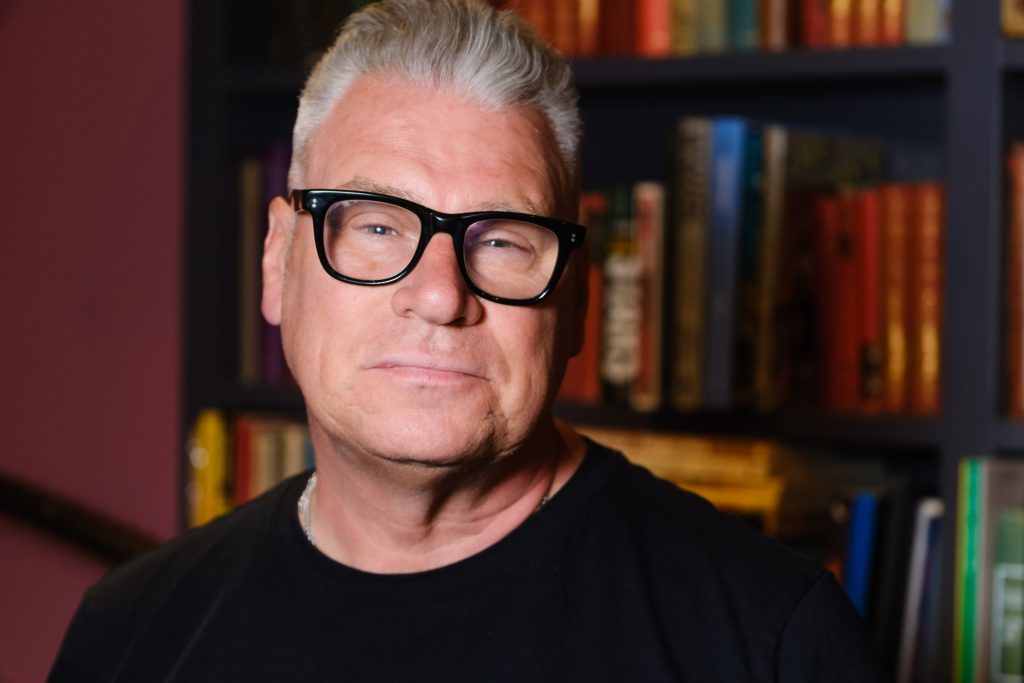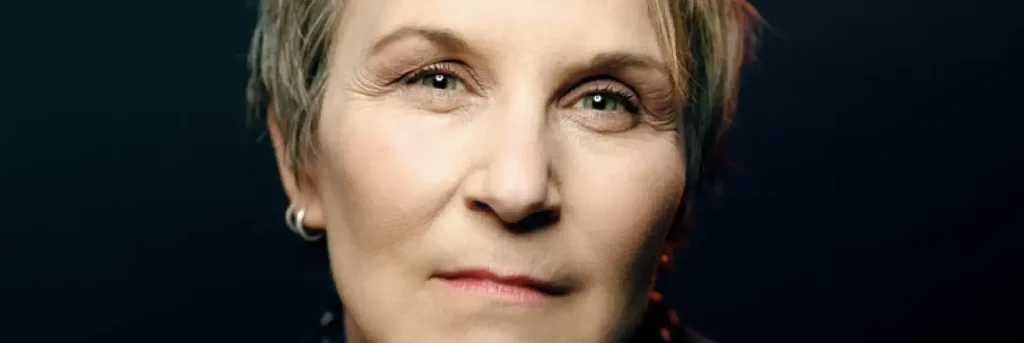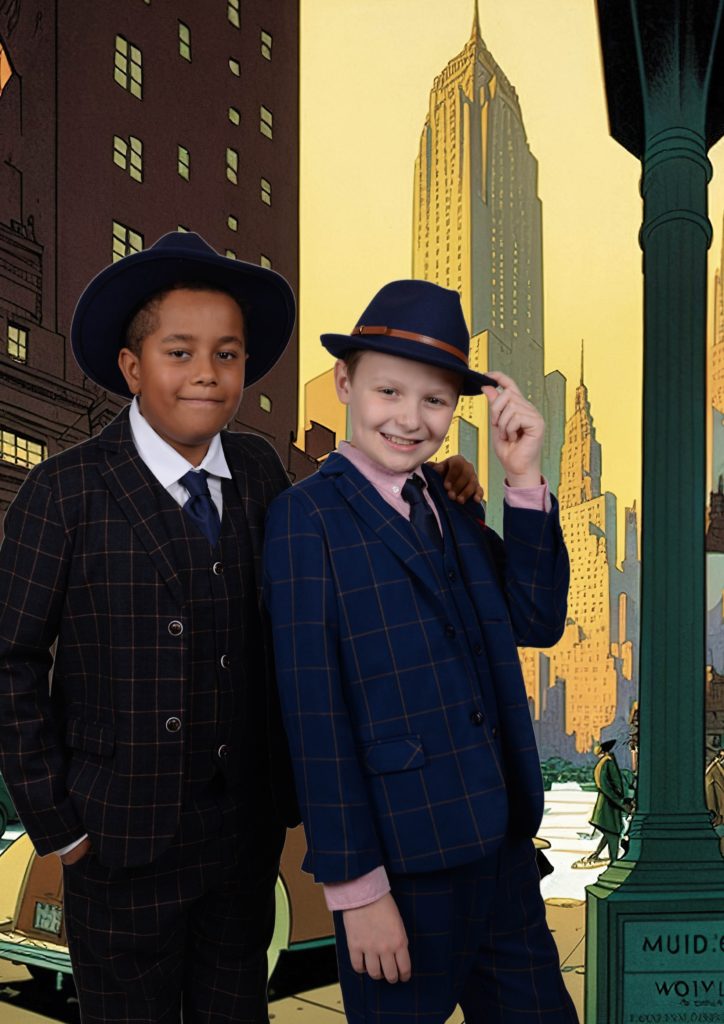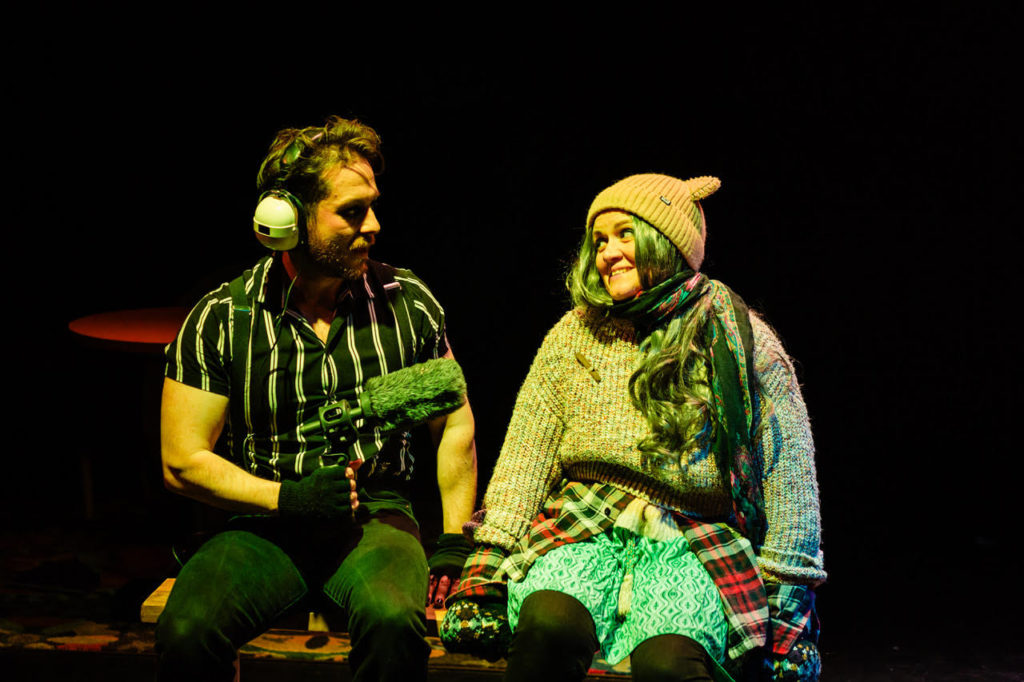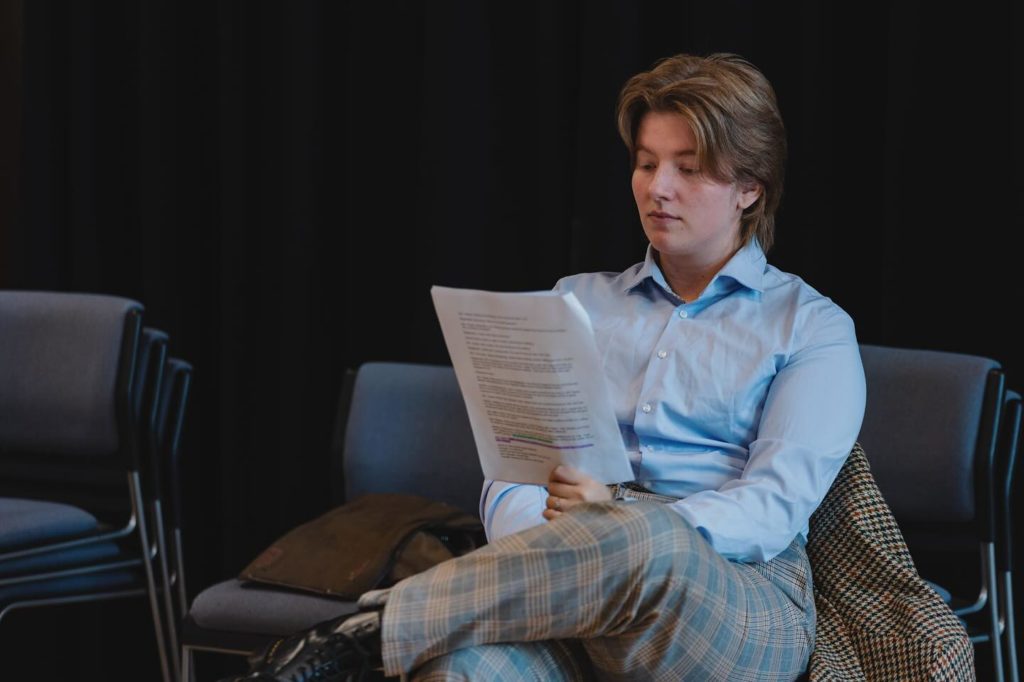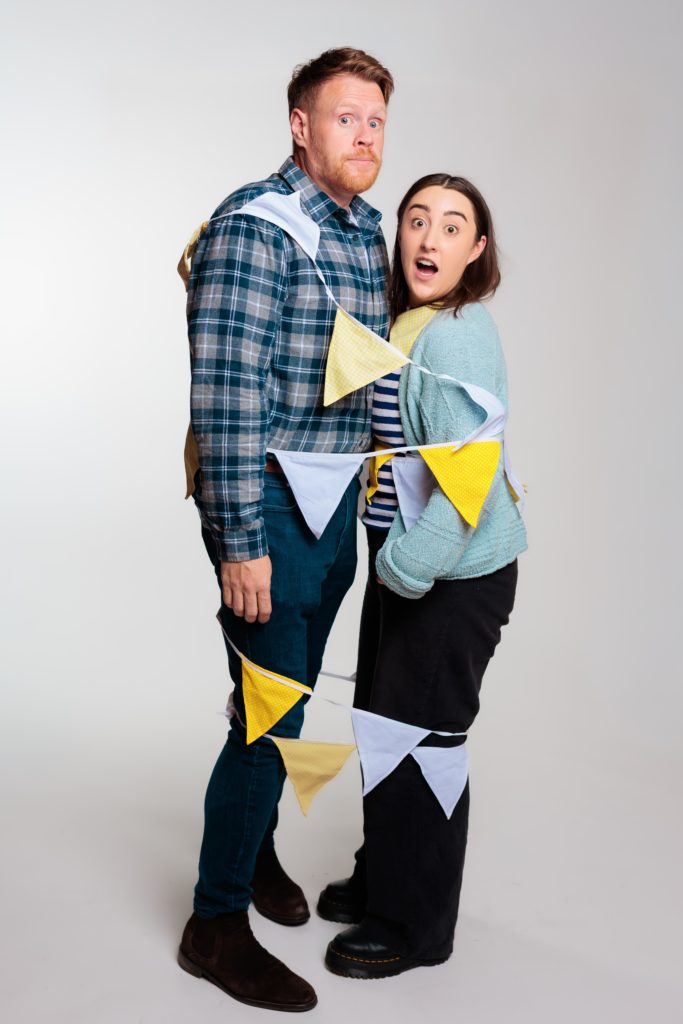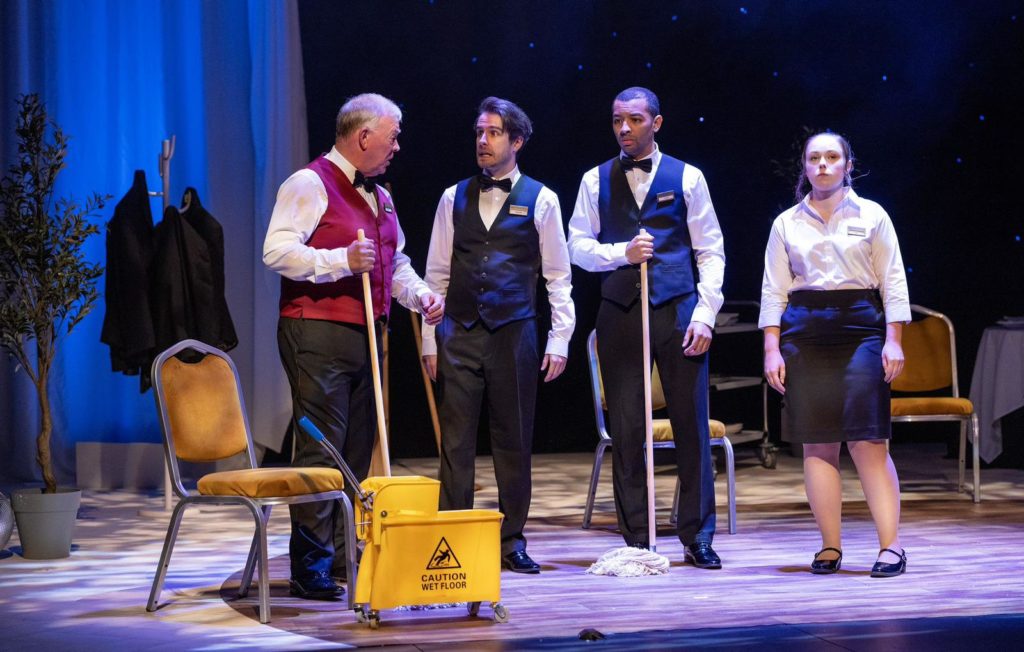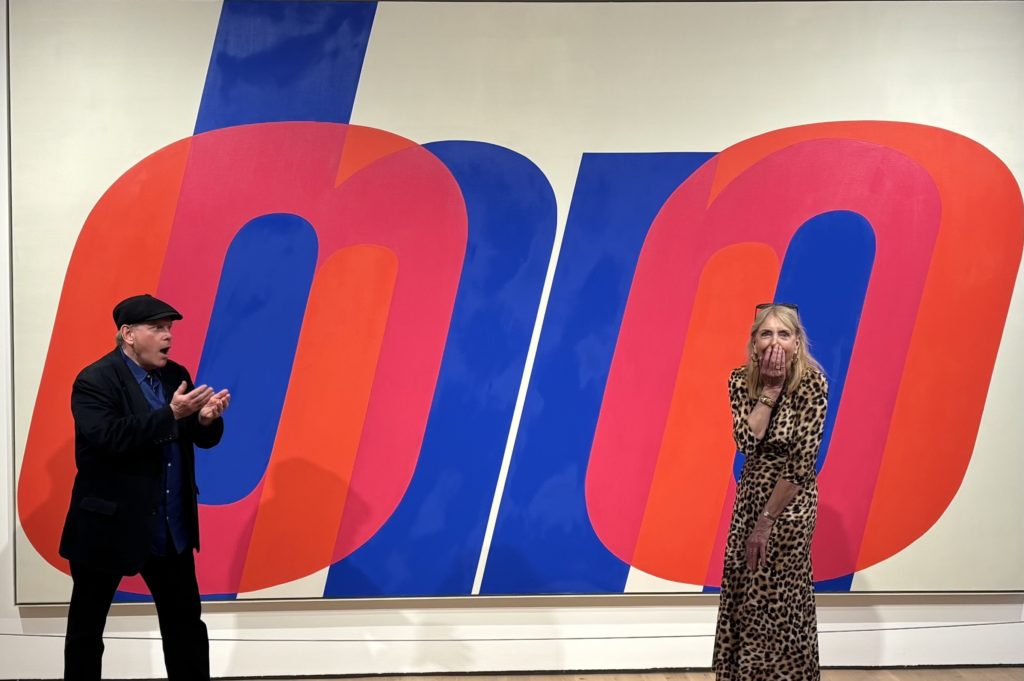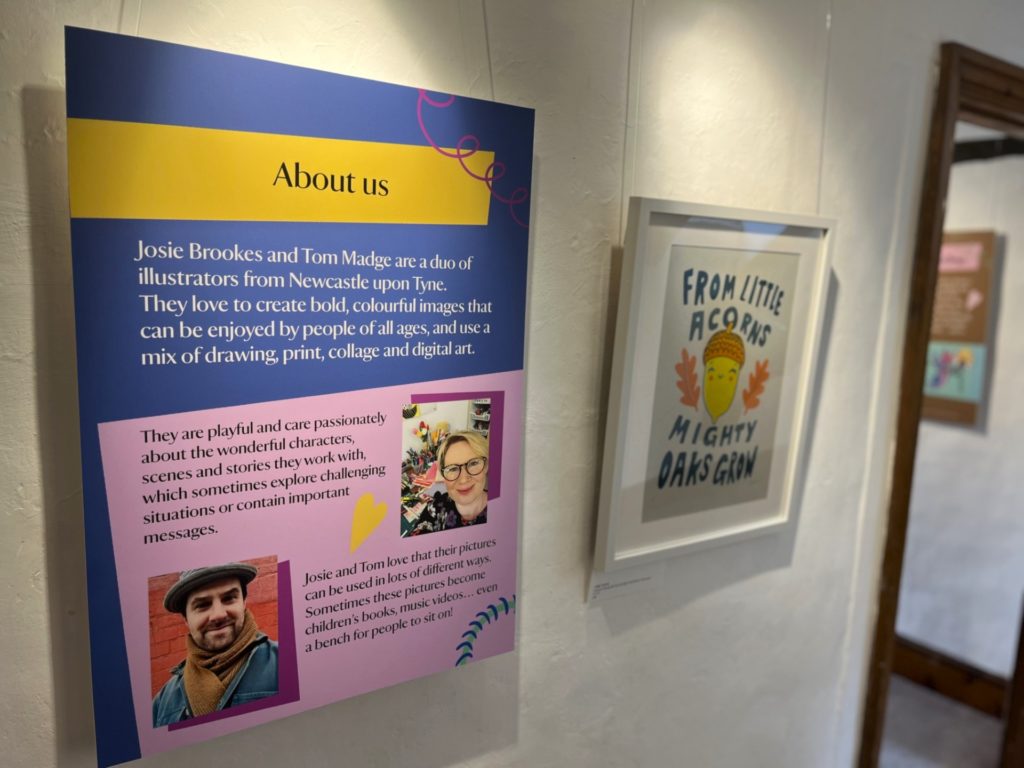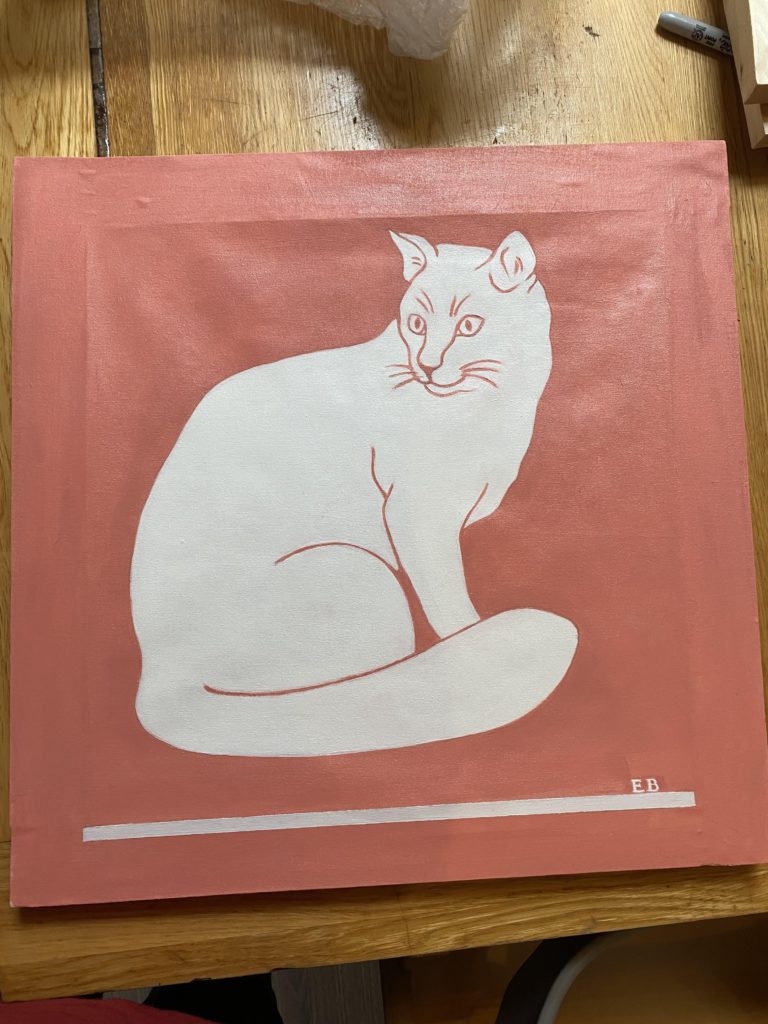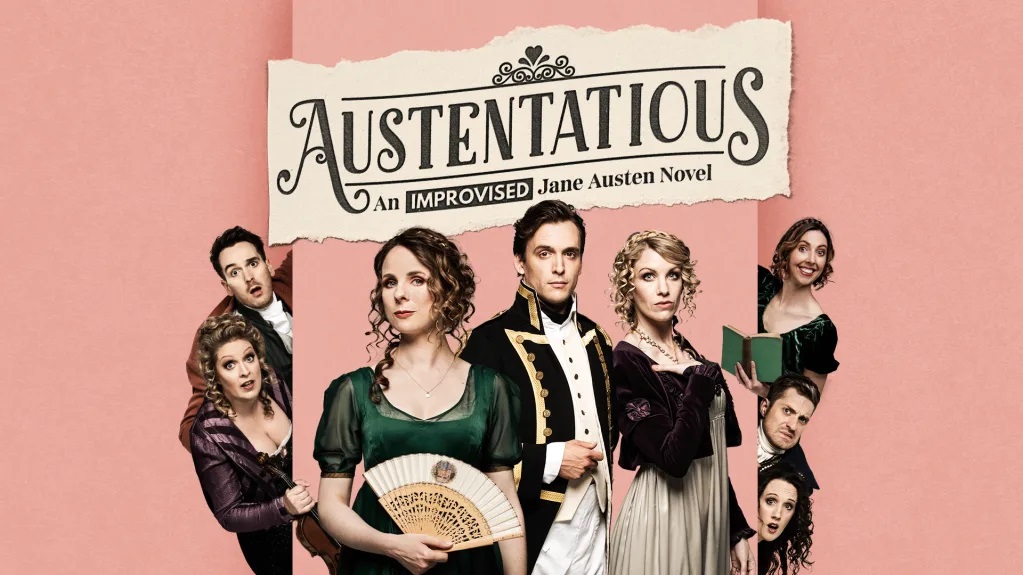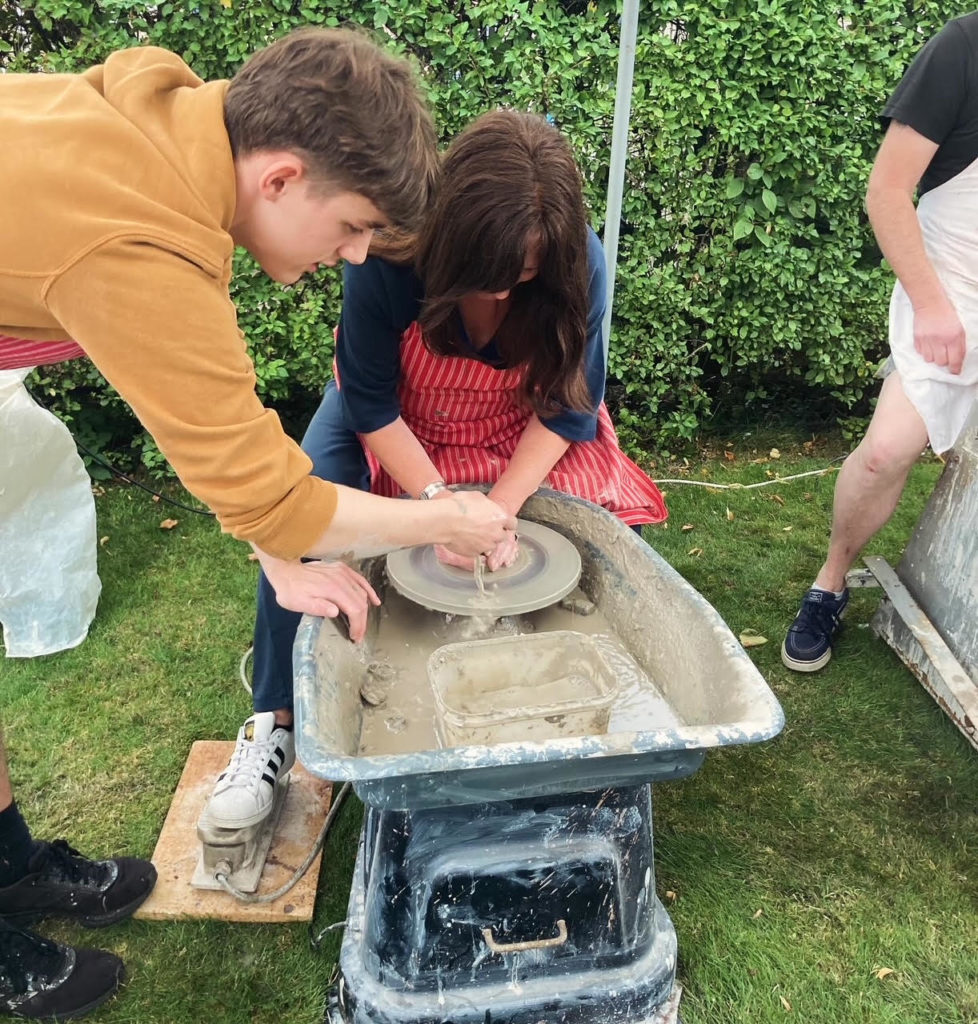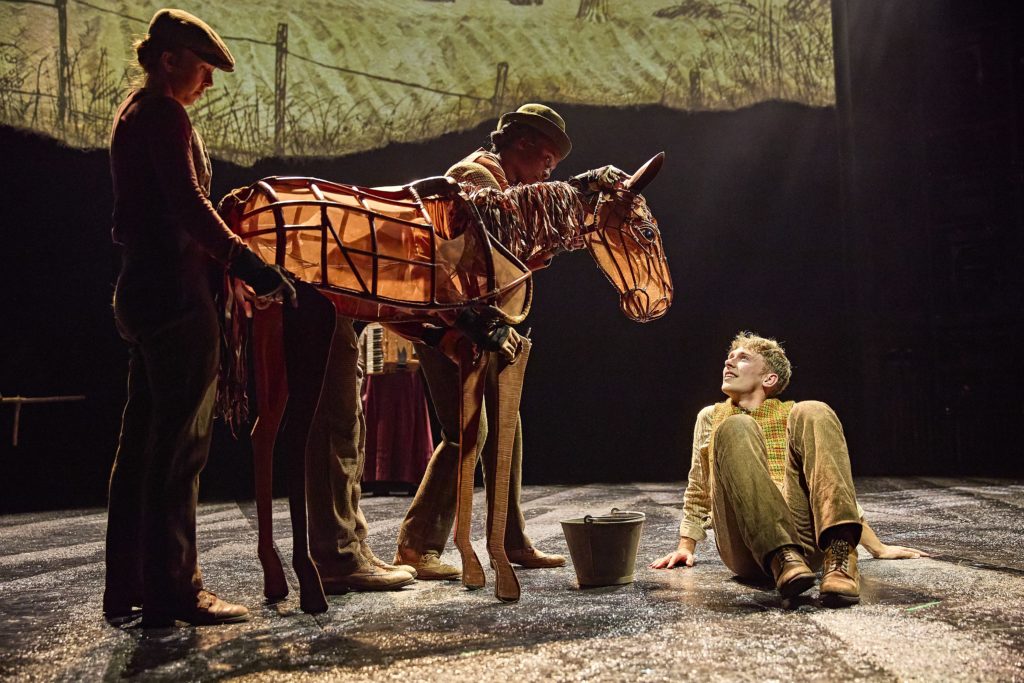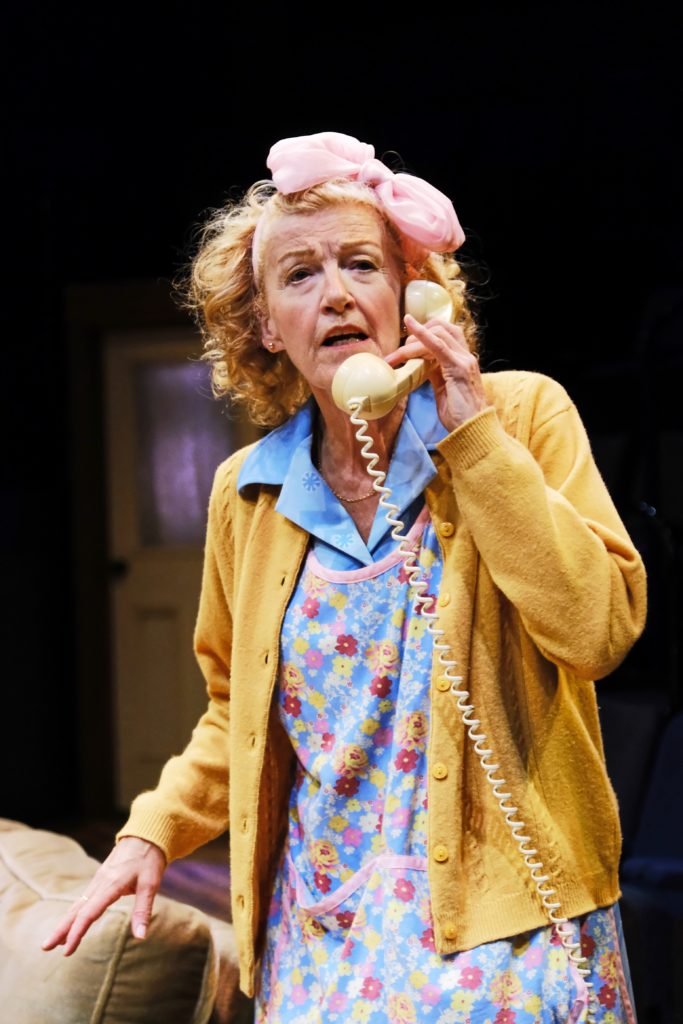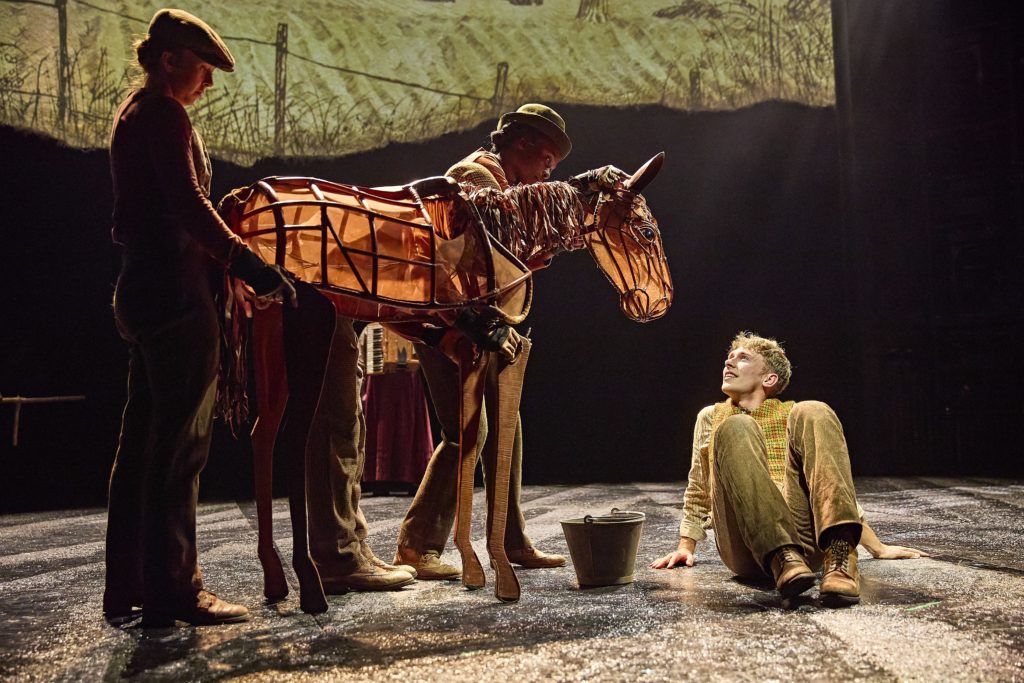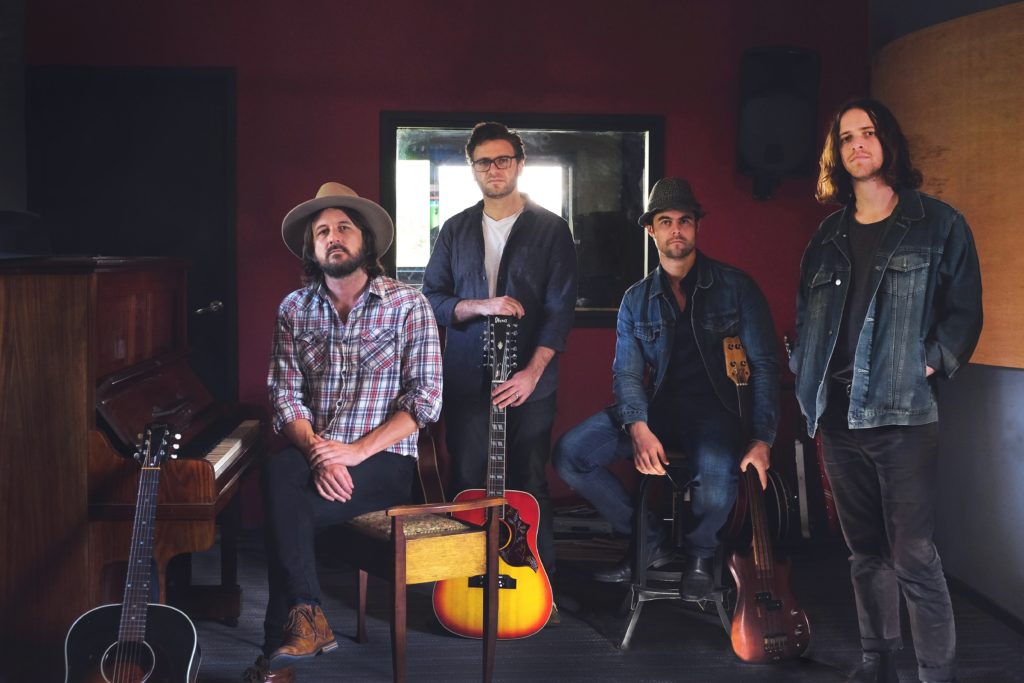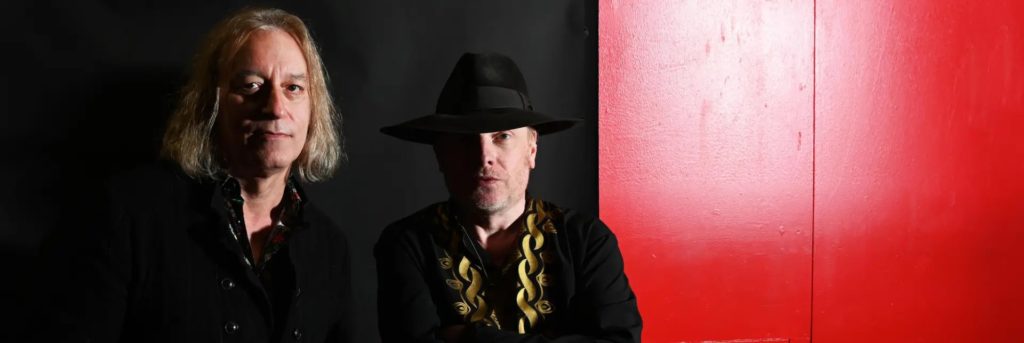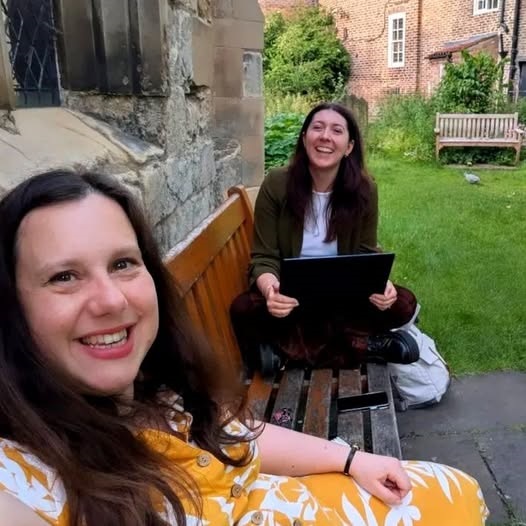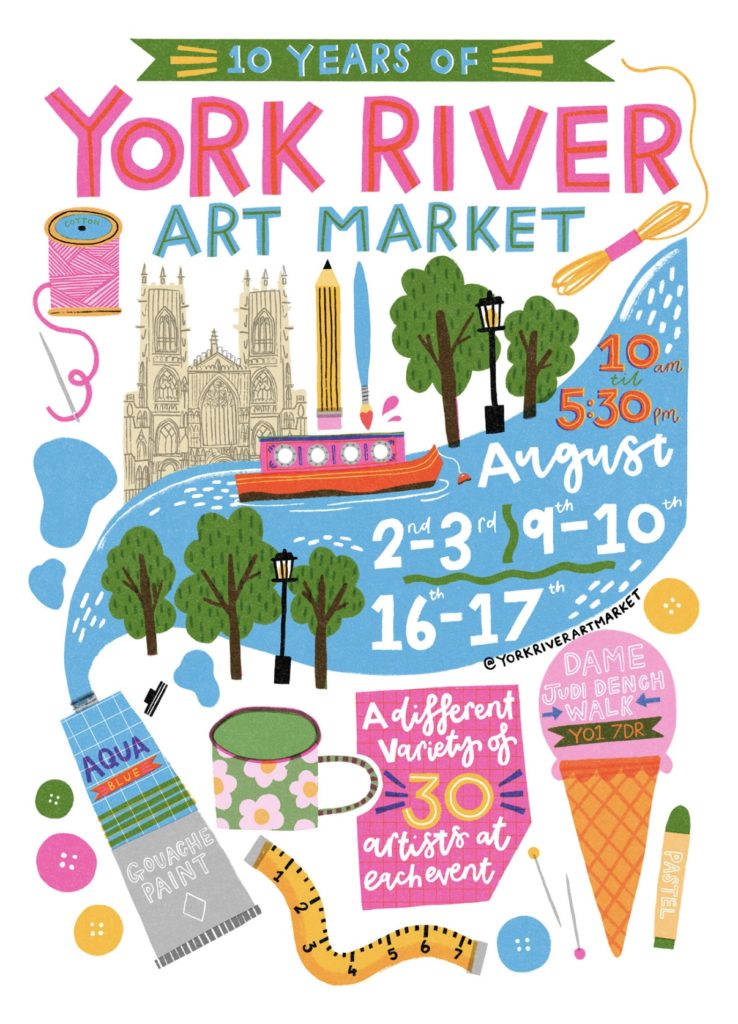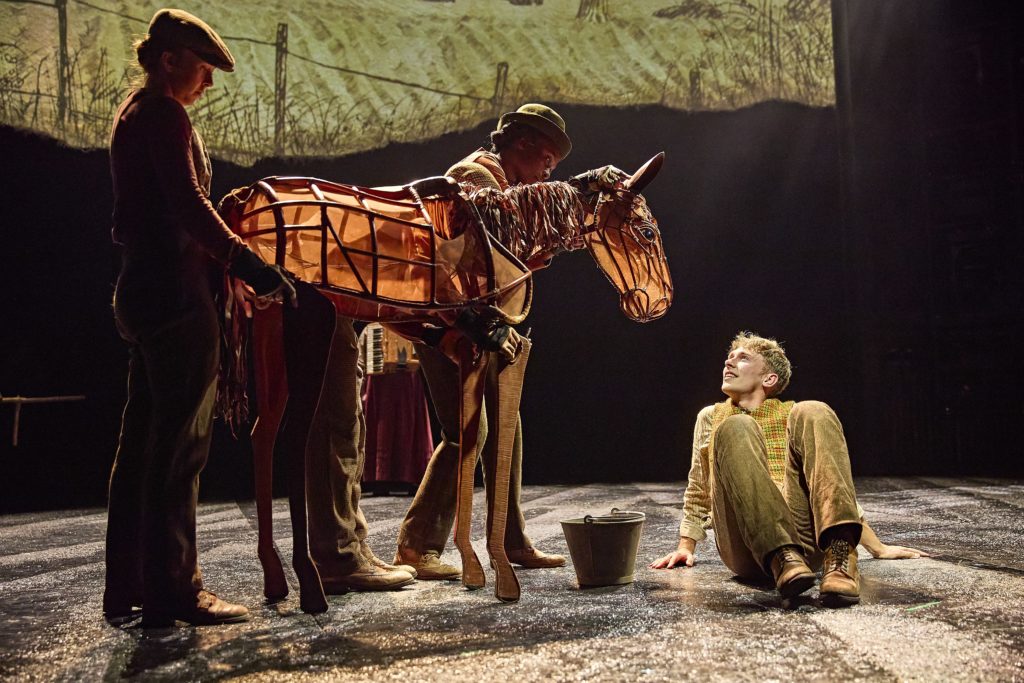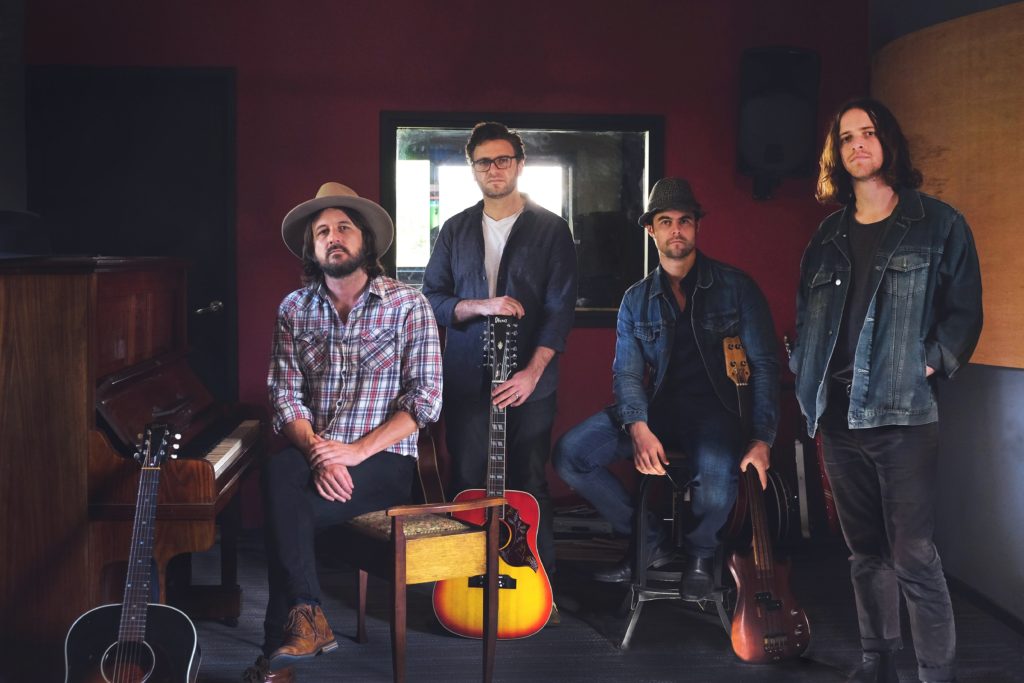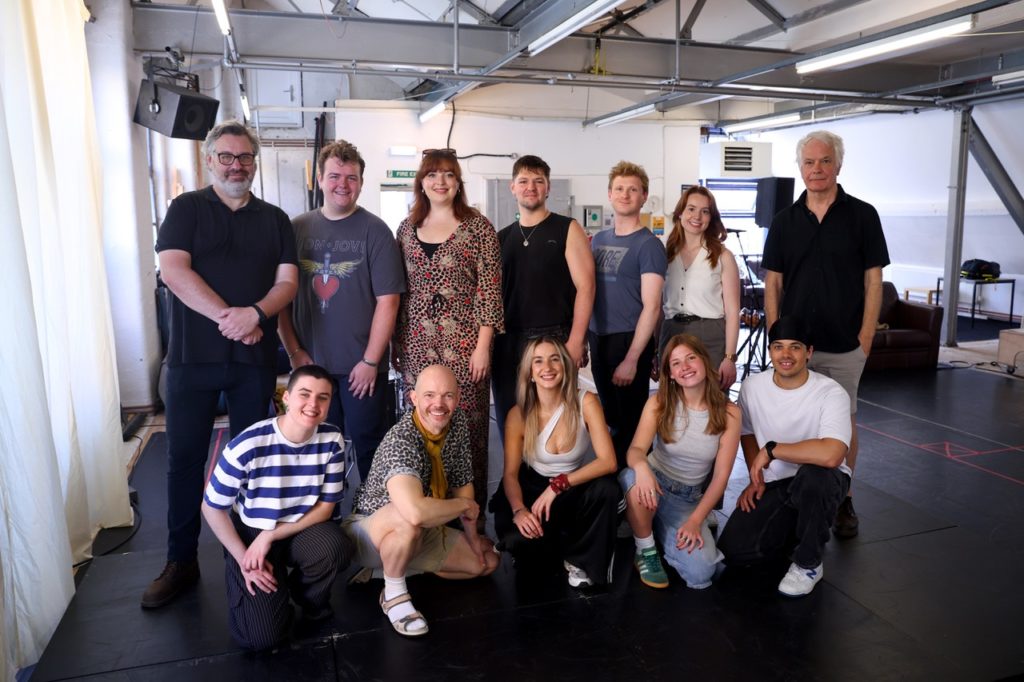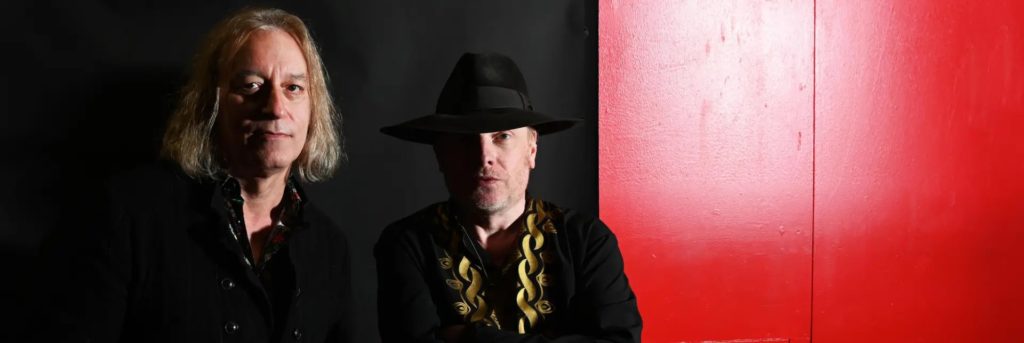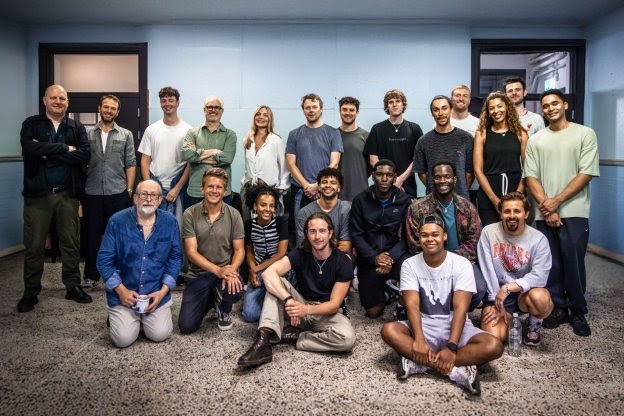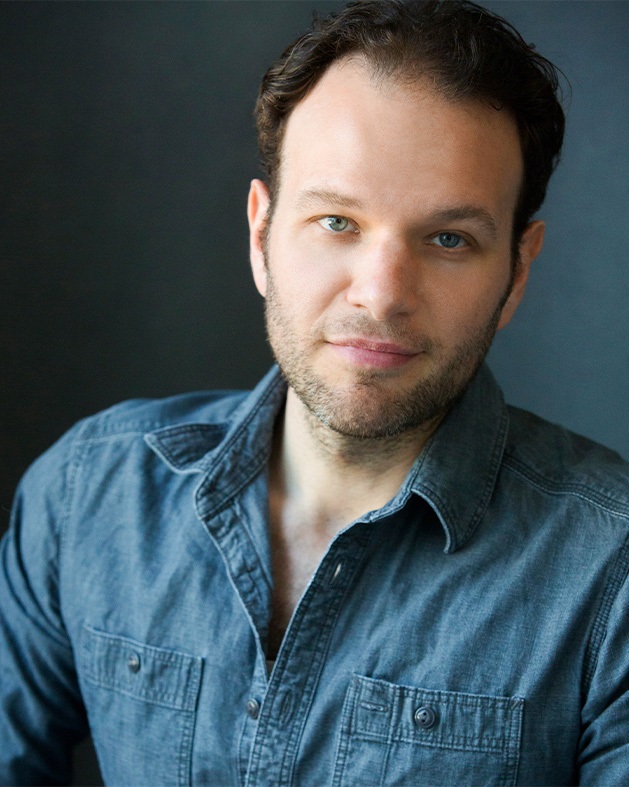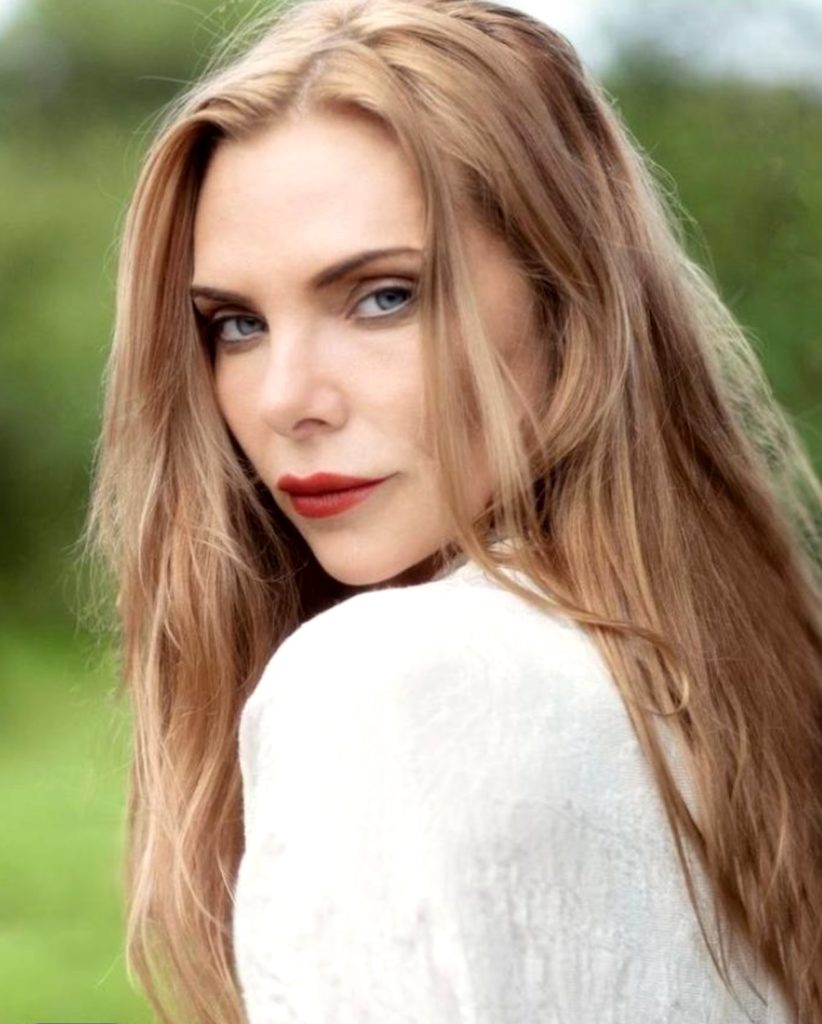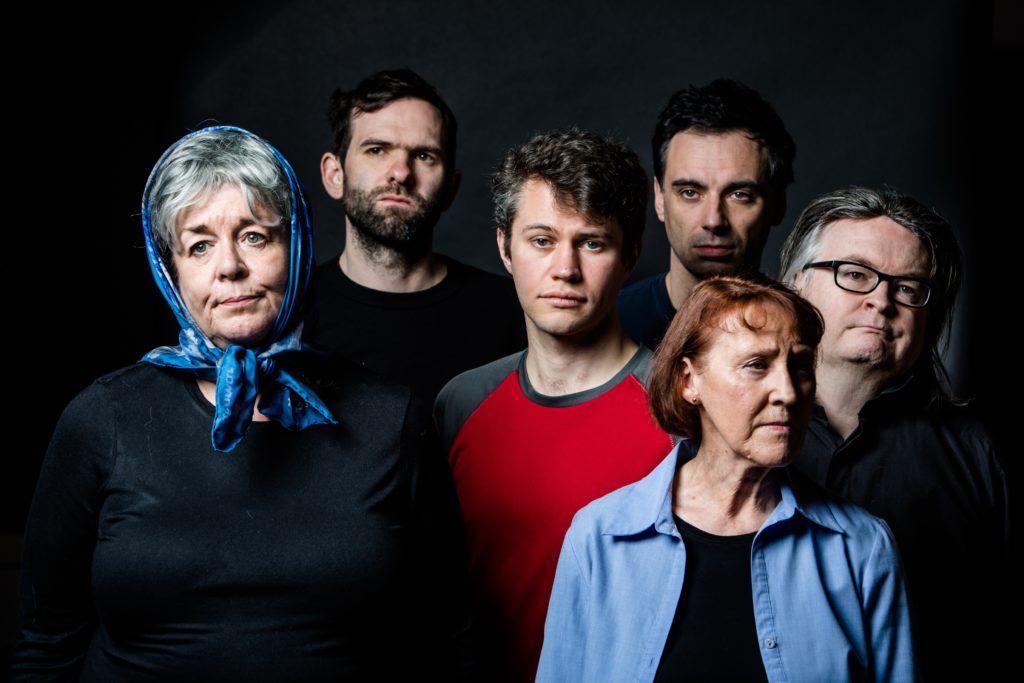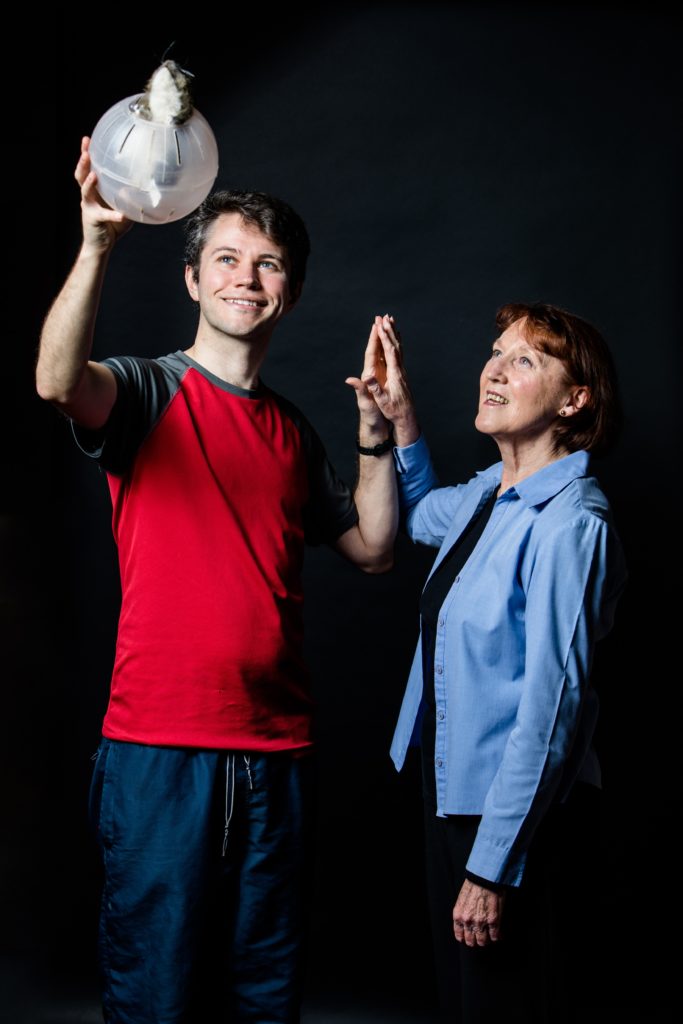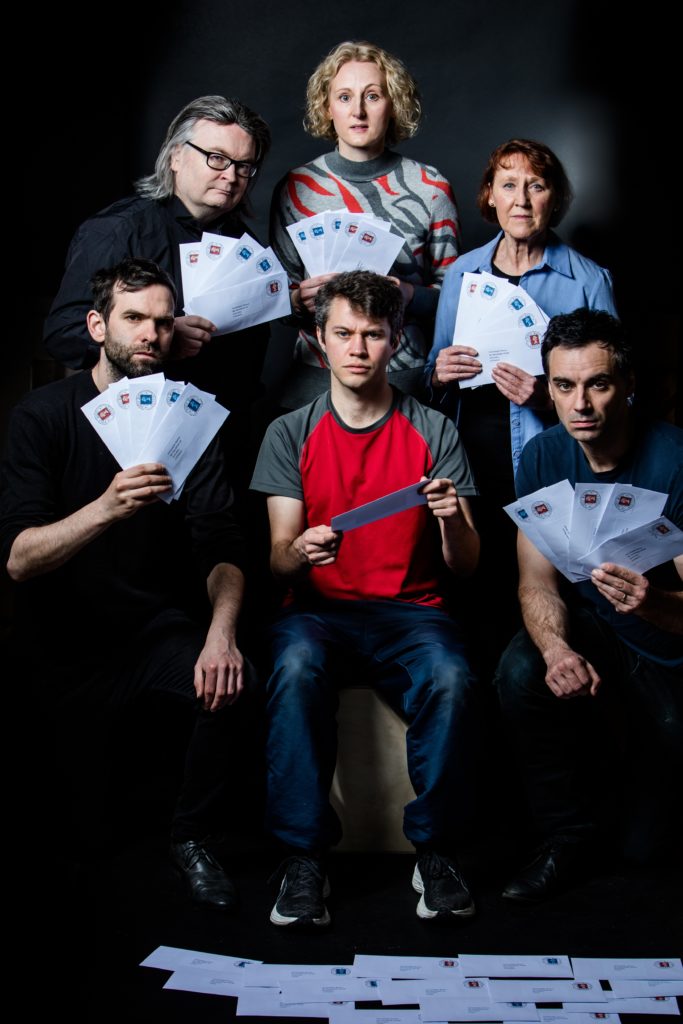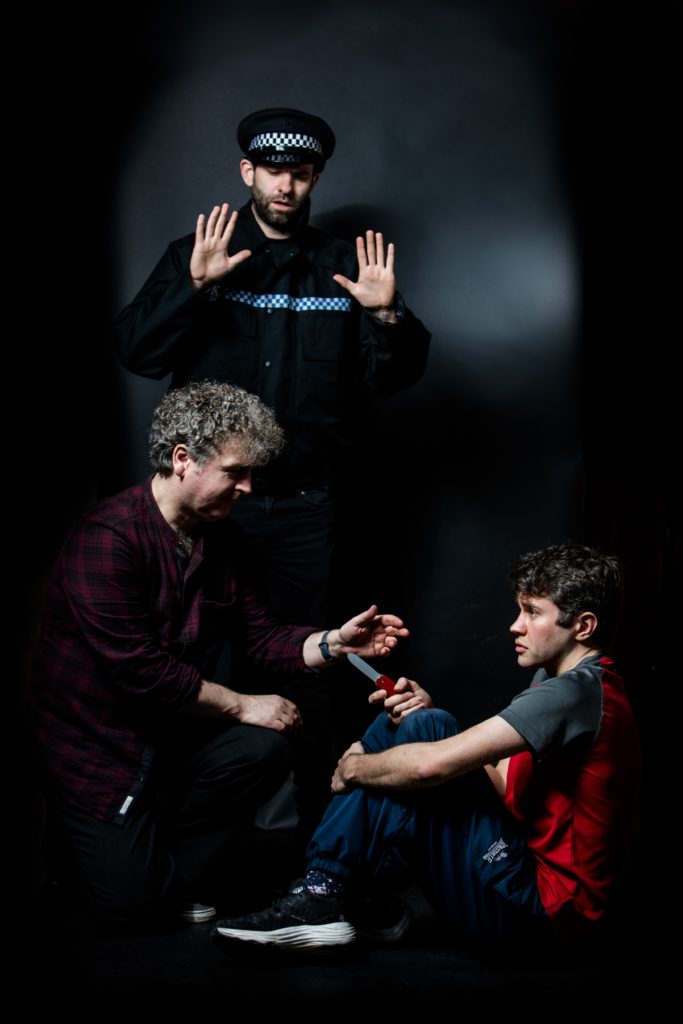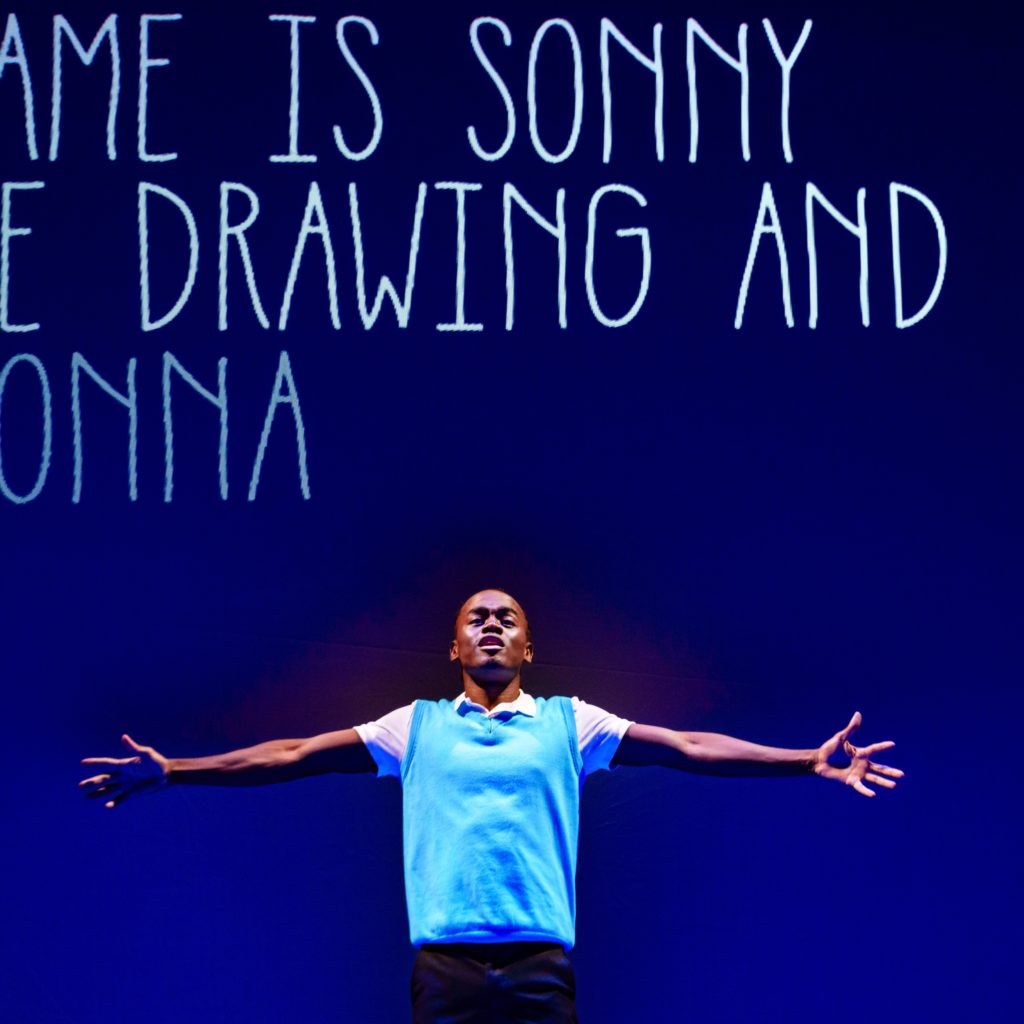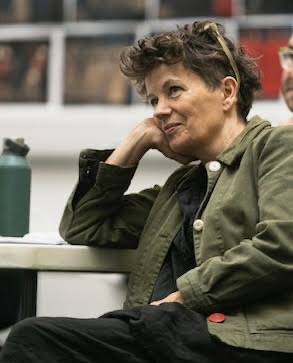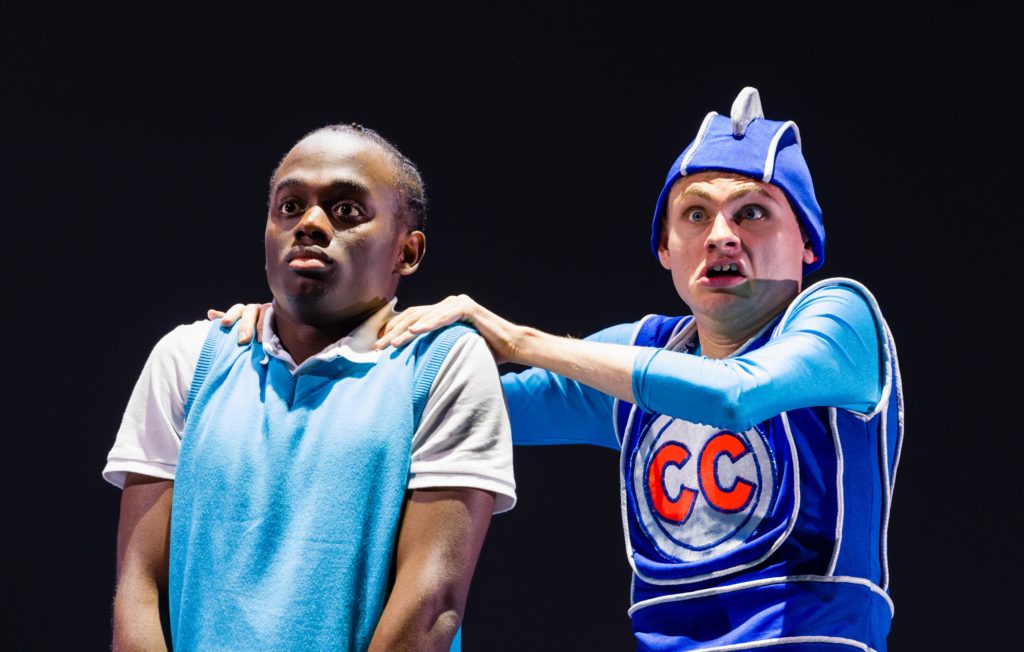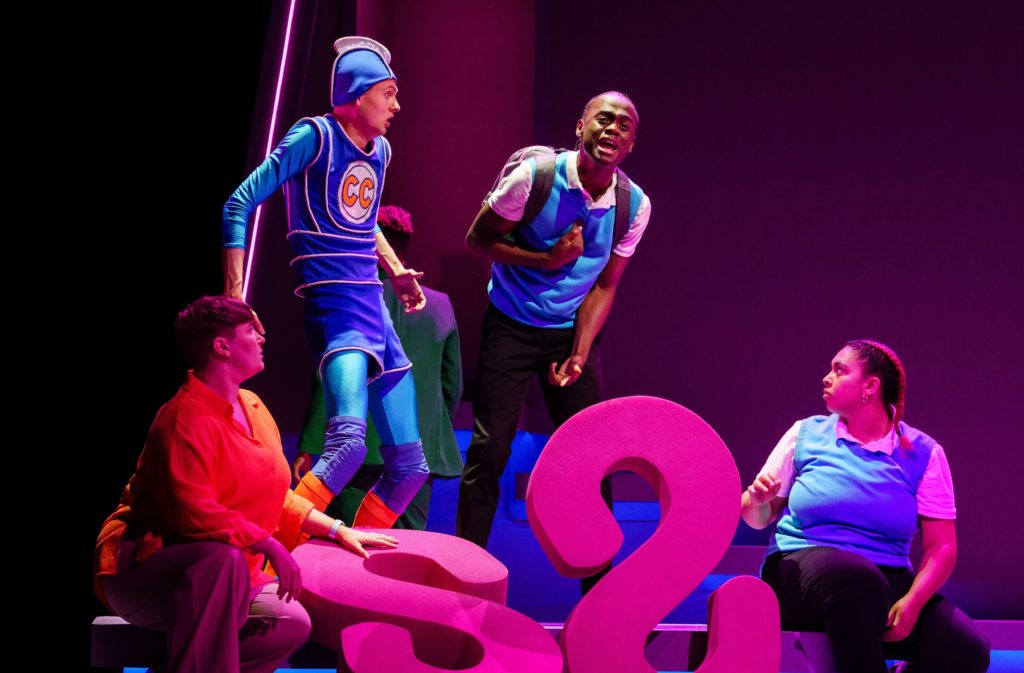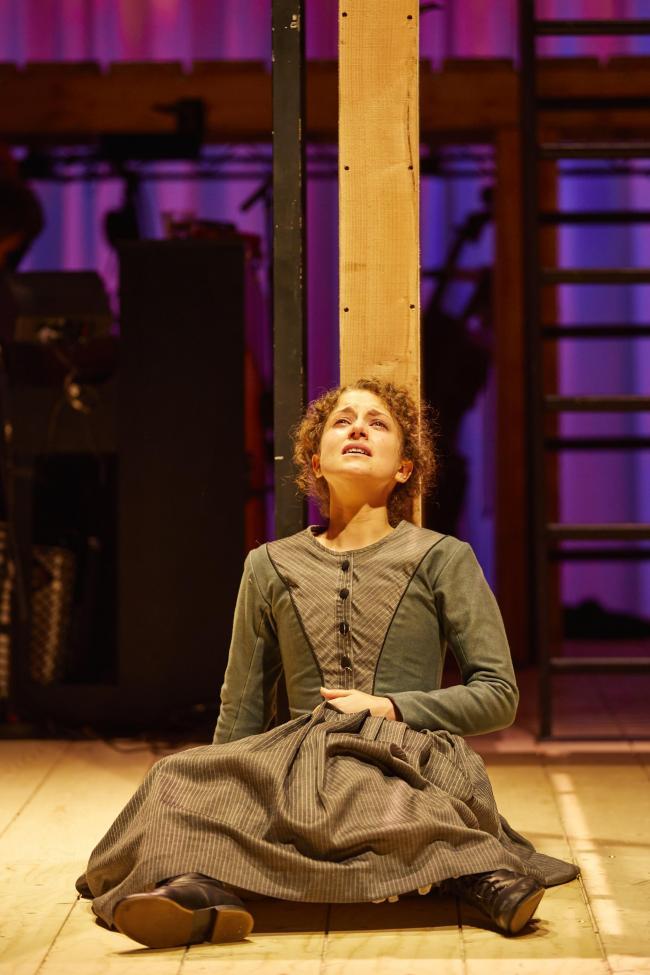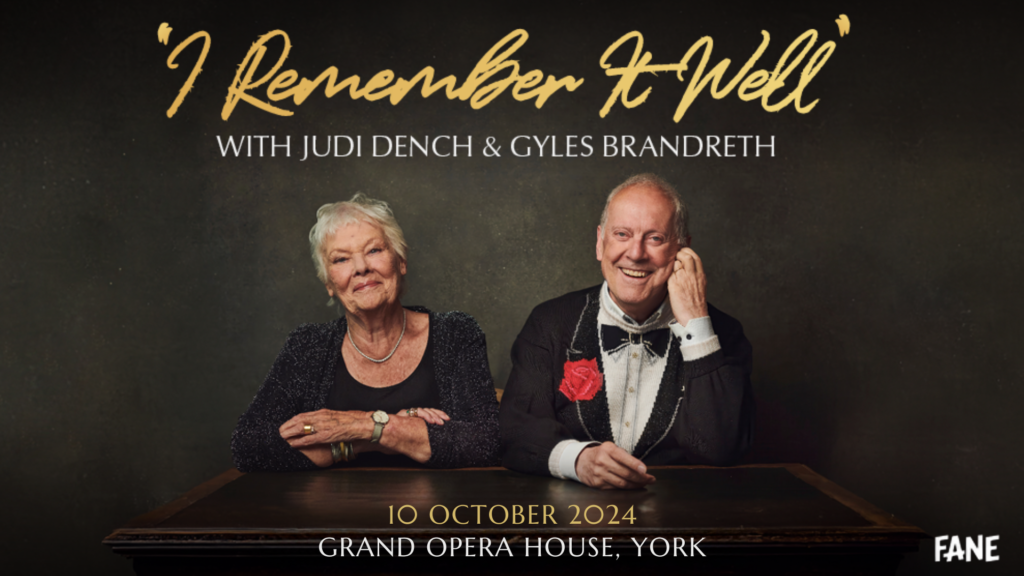
David Sturzaker’s Gareth Southgate giving a team talk in James Graham’s Dear England. Picture: Mark Brenner
YOU know the score. England lost in two finals. Oh dear, England, again. But that isn’t the point. The point is the one that brought Gareth Southgate his knighthood. For services to rather more than kicking a ball. Services to redefining what it means to be English.
A definition that appears to be being mired again, not by Southgate’s Teutonic replacement, Thomas Tuchel, who makes a late appearance in James Graham’s defiantly uplifting play, but by the flag. That flag. The one that has David Sturzaker’s Gareth Southgate, with customary attention to tidiness, neatly folding out the St George’s red cross to ask his players what it symbolises. The flag that, rumour has it, is soon to be removed from the programme cover for the remainder of the tour’s run.
Amid the surge in divisive nationalism, how that scene’s significance has grown since Graham made it as much a centrepiece of his – and Southgate’s – discourse as the Dear England letter written to England fans in the barren, bereft days of Covid that prompted Graham’s state-of-the-nation drama.
Sir Gareth was at York Barbican the night before Dear England kicked off its Leeds run, administering his Lessons In Leadership – more motivational team talk than lecture, apparently – that he further substantiates in his new book, Dear England. Calmer and karma in unison, putting the rainbow in the Wembley arch.
Your reviewer took his seat in the dug-out (Box C, Dress Circle) with a non-football fan – “Who’s Harry Kane?”, she enquired – but such is the spirit, the decency, the principles, the vision that turned out to be braver than Southgate’s risk-averse in-play tactics, that you end up cheering all over again.
You know the story, but not this story, not told this way, with Graham’s trademark humour, pathos, and cultural and political savviness that gives cameos not only to ex-England bosses Sam Allardyce (as brief as his reign), Graham Taylor, Sven-Goran Eriksson and Fabio Capello, but also to the hapless Tory Prime Ministerial trio of May (no neck), Johnson (brassneck) and Truss (what the heck).
We learn of Gareth’s radical methods, applied in tandem with Australian team psychologist Pippa Grange (Samantha Womack, with ace Aussie accent to boot), England’s first Head of People and Team Development. The suits upstairs might have scratched their woollen heads, but Gareth was onto something.
Like how to deal with fear. FOMP. Fear of Missing Penalties. The brain has 15 per cent less clarity when we are fearful. So, take longer to prepare to take a penalty, like the Germans. Or how about sitting all together at meals rather than at club-divided tables, unlike in the Ferdinand and Gerrard days? Yes, that would help too.
We learn of the character beyond and beneath the football sticker front, whether Oscar Gough’s noble steed Harry Kane (only too aware of the public mocking his voice); Liam Prince-Donnelly’s Dele Alli, burdened by a surname he wishes to jettison, the prankster smile gone by the time he is dropped; Ashley Byam’s ever-questioning Raheem Sterling; or Jayden Hanley’s Marcus Rashford, with his caring causes and pride in Manchester, his sorrow at his father’s absence too.
Then there’s Connor Hawker’s oh-so-South Yorkshire Harry Maguire, Jack Maddison’s mad-as-that-surname goalie, mad-as-a-penalty-box-of-frogs Jordan Pickford and Tom Lane’s erudite Eric Dier.
And then come those one, two, three missed penalties against Italy, Rashford, Jadon Sancho (Luke Azille) and Bukayo Saka (Jass Beki), the Arsenal boy wonder, in the UEFA Euro 2020 final.
Immediately followed by the antisocial-media racist abuse they received, one, two, three seconds afterwards, and on and on. And then Bukayo Saka’s eloquent response, expressing a message of love, a message I had never heard before, so thank you, Dear England, for making it resonate so powerfully in 2025.
James Graham has that balance of the serious and the humorous in buckets; you really shouldn’t take the game of football so seriously, but you should be serious about changing it for the better. Not so much the beautiful game as the bountiful.
For all its ills, you still want to love the game, as Gareth says in another of his team-talk takes on Shakespearean soliloquies. That’s the Henry V in him, but he’s the manager next door too, as expressed in Sturzaker’s admirable performance, especially when addressing the grey-shirted elephant in the room: Southgate’s grave semi-final penalty miss against Germany in 1996.
The best all-round performance award goes to utility player Ian Kirkby, equally humorously adroit as Eriksson, head honcho Greg Clarke, gainsaying Matt Le Tissier, new boss Tuchel and, above all, crisp-munching presenter Gary Lineker, cheeky one liners and all.
Rupert Goold’s direction flows rather more cohesively than any number of meat-and-potatoes England performances, while Es Devlin’s set, with its white centre circle, outer circle and circle above goes against the shape of football pitches, dressing rooms and theatre stages alike but brings a sense of togetherness, like a team huddle before kick-off – and togetherness is Southgate’s key mantra.
You will love and despair anew at the old footage that plays out high above the upper circle, as we re-live those years of hurt and hope again.
One minor quibble, but only because we are in Leeds: local lad Kalvin Phillips, so instrumental to Euro 2020’s new England, is not among the myriad players. Alas, he knows only too well how missing out feels under Pep Guardiola’s cold shoulder at Manchester City.
National Theatre in Dear England, Leeds Grand Theatre, tonight, kick-off 7.30pm; tomorrow, kick-off 2pm and 7.30pm. P.S. No excuses for not attending: Leeds United don’t play Nottingham Forest away until Sunday afternoon.

